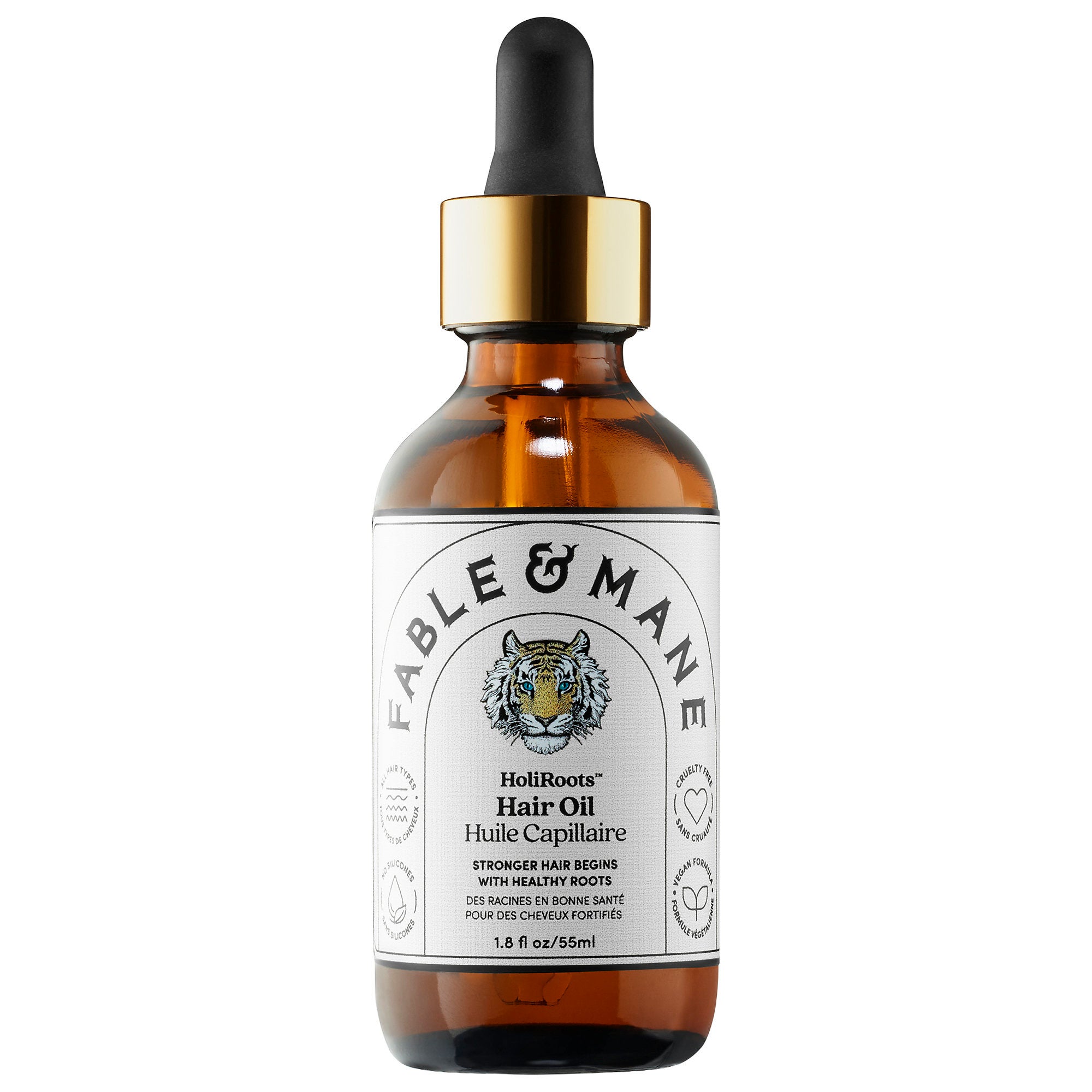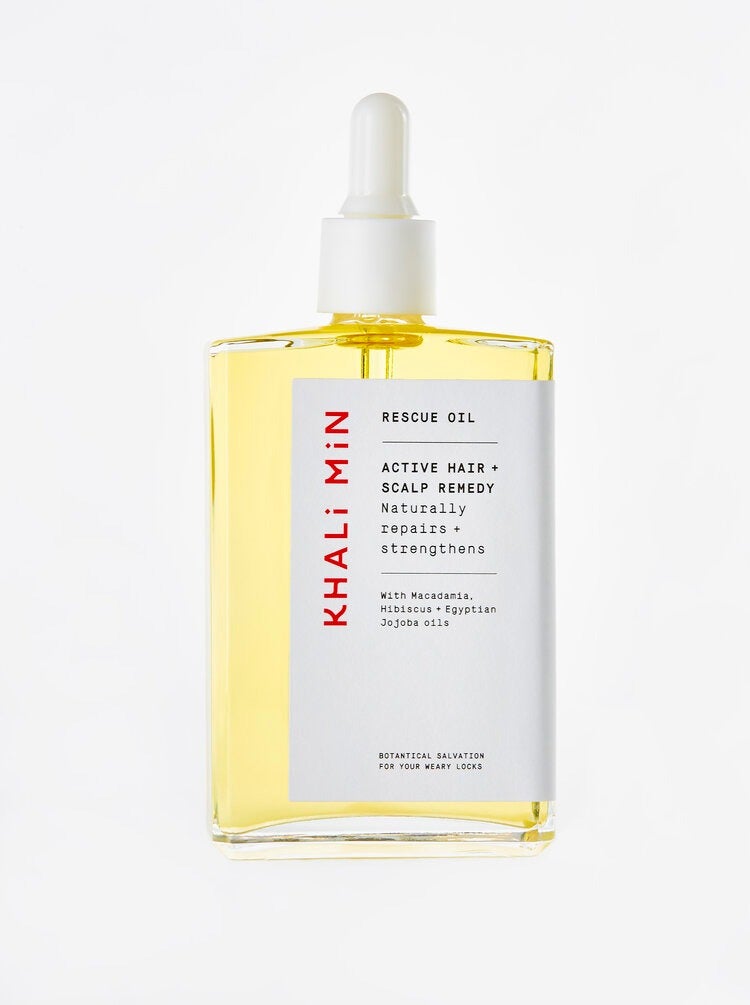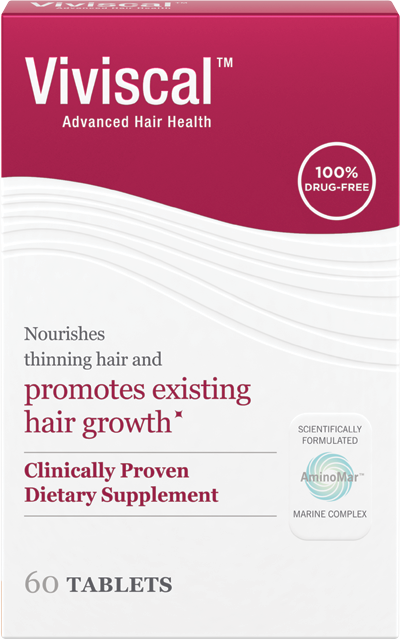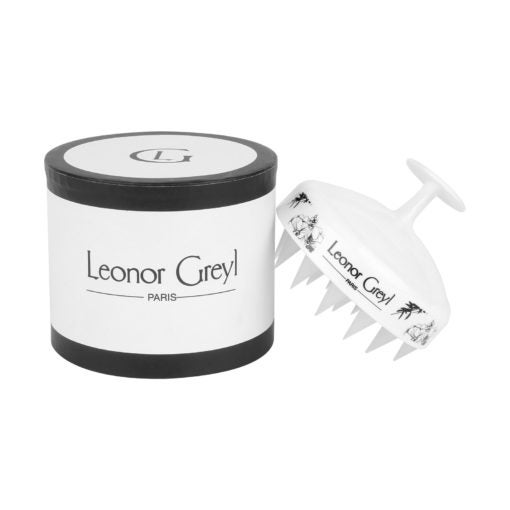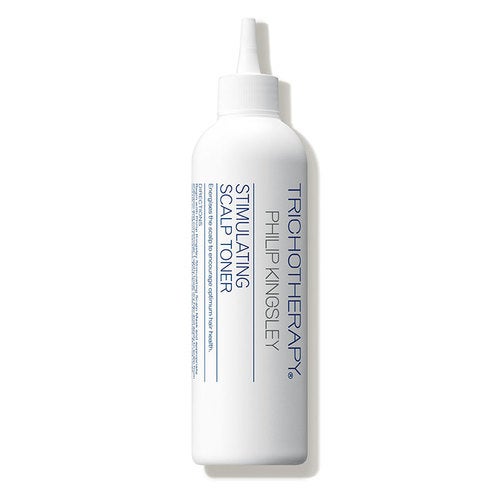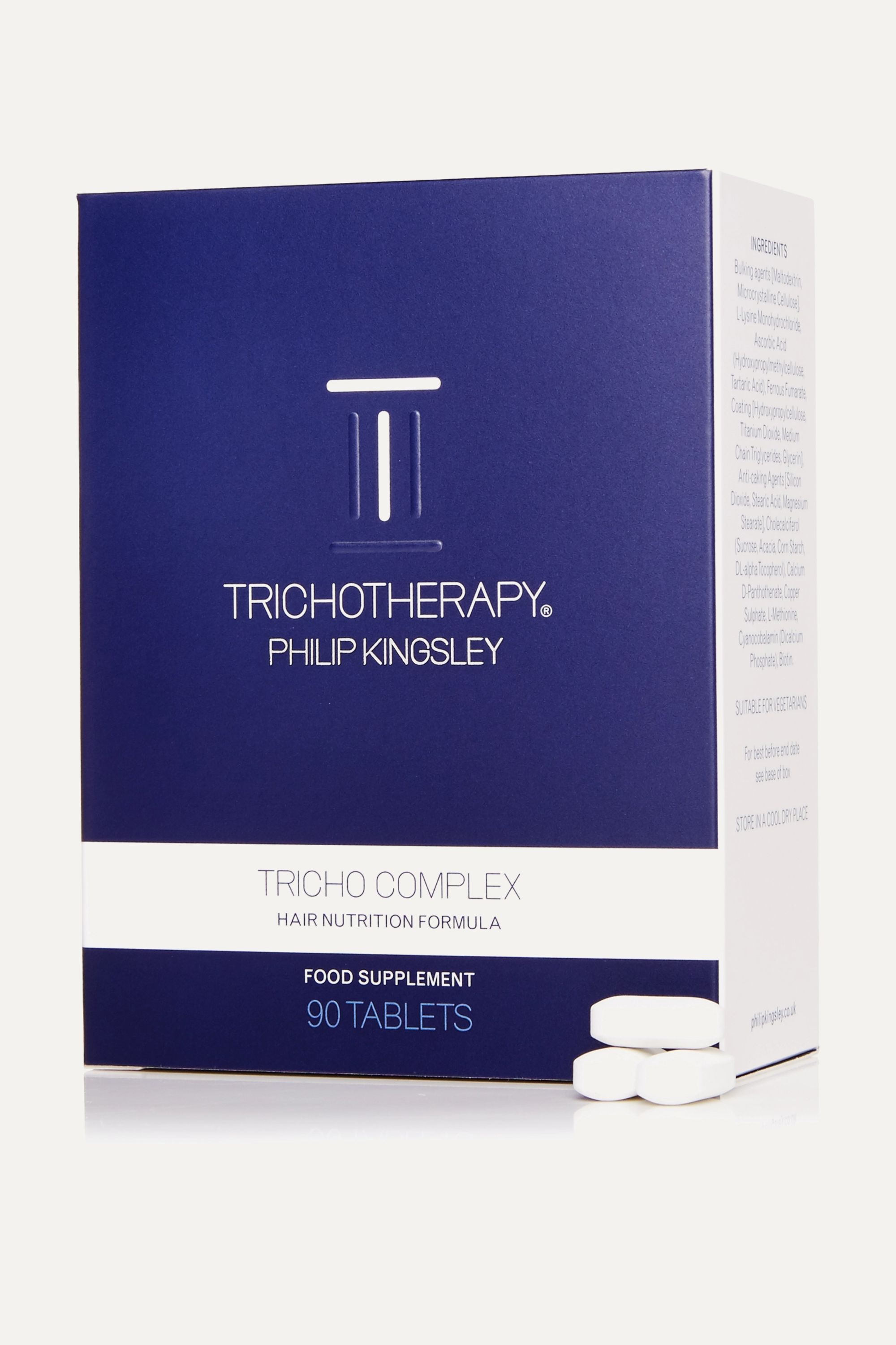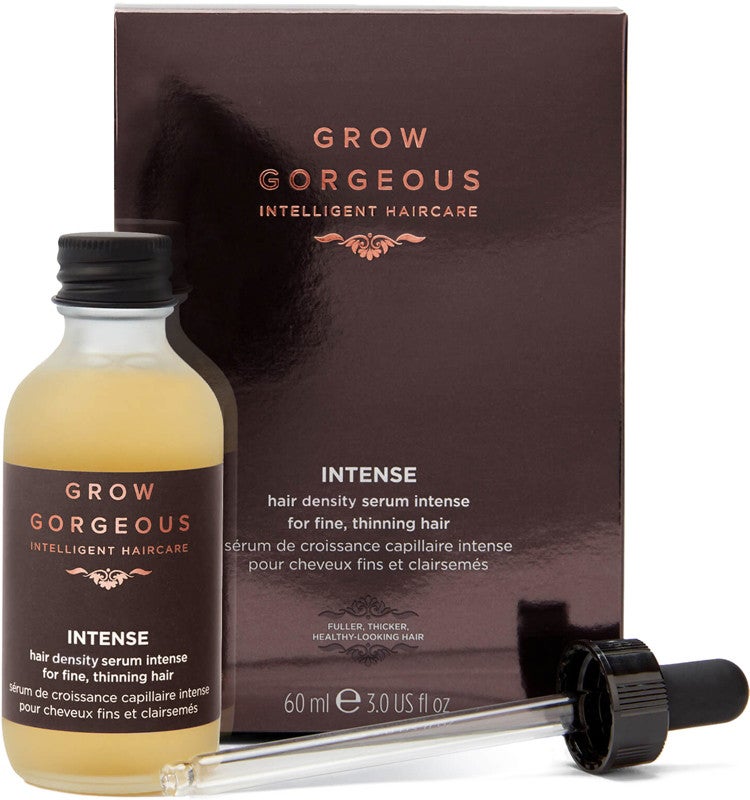Does Dirty Hair Really Grow Faster? I Put The Theory To The Test
Photo courtesy of Gabrielle Dyer.
A long shower is one of the simplest yet most effective forms of self-care. Scorching water, serenity, and, most importantly, a break from staring at a screen are always welcomed. Washing your hair, however? Not so much.
Don't get me wrong: Hair washing is a very normal activity and generally warrants little to no disdain. But it still sucks, especially for me. The bitterness started when I was at school. My hair is naturally curly, and back then (pre-bleach), it was incredibly long and thick. I kept it straightened 24/7, so the entire routine was exhausting. Each week was planned around wash day, which usually took place on Thursday night so I was set for the weekend. Any activities that coincided were thus cancelled. "I can't come, I'm washing my hair" was a frequently used yet totally legitimate excuse. Today, I'm free from the constraints of my straighteners, and I mostly let my hair do its own thing — but the washing aversion is still there.
AdvertisementADVERTISEMENT
When quarantine began in the UK, my hair and I appreciated the lack of plans. Months spent safely confined to my house meant less shampooing. Re-bloody-joice. During this time (and don't freak out, the longest I went without washing it was around 10 days), I smothered my hair in Fable & Mane HoliRoots Hair Oil, Khali Min Rescue Oil, and Liha Idan Oil on rotation and as often as possible. I noticed that my strands seemed markedly healthier, and most importantly, longer. Had I unearthed the untold secret to hair growth by foregoing wash day? I couldn't be certain, but it sure seemed that way. A Google search appeared to confirm my thoughts: Washing your hair less might (emphasis on the might) make it grow faster. Was there science behind this notion? I reached out to several experts to find out.
How often should you wash your hair?
"Hair health and growth is improved with less water and less washing time," says Nikita Mehta, founder of Ayurvedic hair brand Fable & Mane. "Dry hair doesn't need to cleanse off natural oils as much as other types, and washing it less allows the scalp to heal itself." If this is correct, then over-washing was a problem for me and my dry texture. "Scalp oils have a protective quality as they are a natural conditioner," Mehta explains. "If you shampoo daily, you're likely stripping your scalp of oil, and without it, your hair gets drier." This rang true to me. So how often should you wash your hair? "Depending on your hair type, I would suggest slowly reducing wash days to maybe two times a week and seeing how your hair adapts," Mehta advises.
AdvertisementADVERTISEMENT
“
"People avoid washing their hair due to fear of shedding and assume prolonging their wash frequency will reduce the amount of hair fall. This is untrue."
Anabel Kingsley, trichologist
”
I was pleased with this initial confirmation of my newfound length — that is, until I spoke to hair and scalp wizard Anabel Kingsley, brand president and consultant trichologist at Philip Kingsley. "Shampooing is topical and hair growth is systemic, meaning that the act of not shampooing will not affect or prolong the growth phase of the hair growth cycle," she told me. Worse still, Kingsley suggests that abstaining from regular shampooing could actually do more harm than good. "An overly dirty scalp can harbor bacteria, leading to more serious scalp issues," she said. "People often avoid washing their hair due to fear of shedding and assume prolonging their wash frequency will reduce the amount of hair fall. This, again, is untrue." Kingsley says that it is normal to lose around 80-100 hairs per day. "If you leave two, three, or four days between washing, you will see an accumulation of hair fall," she continues, "but these hairs are ready to shed. The act of shampooing will not increase the amount you see."
Photo courtesy of Gabrielle Dyer.
How can you make hair grow faster?
Perhaps the oils I was basting my head in were behind the growth boost, then? "The only proven topical product for hair growth is minoxidil," which is an over-the-counter hair loss treatment found in products like Rogaine, Kingsley says. "Oils may have made your hair look and feel healthier, giving the illusion of growth. They could also have helped with de-tangling, which can cause breakage, but will not make hair grow more at the root."
AdvertisementADVERTISEMENT
Next, I called hair guru Zoe Irwin, ghd UK brand ambassador, for her take. "Dirty hair to my knowledge doesn't grow any faster," Irwin told me. "It is important to wash the scalp in particular, though, because dead skin cells build up and can restrict the hair follicle. The action of shampooing removes this dead skin." She did add that the growth (I swear there was growth) was likely a result of massaging in hair oil. "Massaging your scalp every day has been proven to accelerate hair growth and encourages it to grow thicker." Akash agreed: "Faster growing hair can come from scalp stimulation. An Indian head massage with castor oil for the roots and almond oil for the strands is an excellent weekly treatment." A handheld massaging tool, like Leonor Greyl's luxe Massaging Scalp Brush, is also a great option that can be used while shampooing or just on a dry scalp.
It only seemed fair, then, to delve a little deeper and discover some of the products that have research-backed potential to make hair grow faster. First up: Viviscal Hair Growth Supplements. Word on the street is that this supplement is like magic — a friend of mine swears by it, but I wanted to find out what made it so beloved. "Viviscal contains biotin and amino acids, the building blocks of protein and a key component of healthy hair," explains Eve Kalinik, a nutritional therapist. "It also includes antioxidant vitamin C, which supports collagen production and iron absorption, both crucial for hair growth."
AdvertisementADVERTISEMENT
Irwin confirms: "Biotin comes in shampoos, treatments, and even sprays." She also recommends hair growth system Nioxin. Alongside the aforementioned minoxidil, Kingsley suggests supplements can be beneficial to support a healthy diet. She recommends Philip Kingsley Tricho Complex Nutritional Supplement and Philip Kingsley Stimulating Scalp Toner to optimize the condition of your scalp.
Photo courtesy of Gabrielle Dyer.
I'd also heard about the benefits of caffeine, one of the main ingredients in the popular Grow Gorgeous range. "Several ingredients have been shown to help stimulate hair growth," says Robin Parker, technical director for British beauty experts Acheson and Acheson. "In my professional opinion, the most renowned ingredient is caffeine. In the Grow Gorgeous Intense Hair Density Serum, there are six ingredients: organic pea sprout, Chinese skullcap, biomimetic peptide red clover extract, larch tree, green tea, and caffeine, all of which work in synergy to stimulate the scalp and boost growth."
So what's the conclusion? Wash your hair a lot, or don't — it's your call. But there is zero scientific evidence to cement that washing it less makes it grow faster (sob). However, excessive shampooing (beyond what your hair type needs) can cause dehydration and lead to breakage, so overzealous shampooers should err on the side of caution. Although my initial hypothesis was a little off base, I'm armed with newfound knowledge on reaping the rewards of a hair growth regimen. Oh, and I'm obsessed with my new scalp massager.
At Refinery29, we’re here to help you navigate this overwhelming world of stuff. All of our market picks are independently selected and curated by the editorial team. If you buy something we link to on our site, Refinery29 may earn commission. This story was originally published on Refinery29 UK.
AdvertisementADVERTISEMENT







